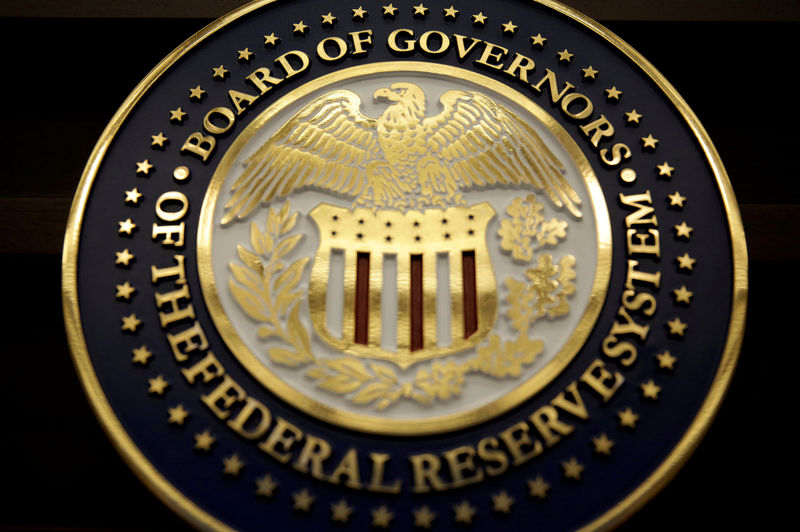Investing.com - The April jobs report delivered mixed readings on Friday, leaving markets unfazed in expectations for the Federal Reserve to hike in June.
Nonfarm payrolls (NFP) rose by 164,000 in April, missing expectations for the creation of 189,000 jobs last month.
On the plus side, the unemployment rate fell to 3.9%, its lowest level since December 2000. That beat forecasts for a drop from 4.1% to 4.0%.
However, experts noted that the larger-than-expected decline was due primarily to a large chunk of the unemployed leaving the labor market.
Weak wage inflation won't derail Fed rate hike path
Wage inflation was the main focus in April’s report with the year-on-year increase of 2.6% missing forecasts for 2.7%.
The increase in wages is being closely monitored by the Federal Reserve for evidence of diminishing slack in the labor market and upward pressure on inflation. Economists generally consider an increase of 3.0% or more to be consistent with rising inflation.
“U.S. labor market continues to tighten but where is the wage growth?” analysts from Danske Bank Research remarked after the report.
Noting that wage inflation remains subdued, these experts see “the Fed on autopilot with two to three more hikes this year”.
“It isn’t a particularly exciting report and certainly shouldn’t alter market expectations for monetary policy in any meaningful way,” ING economist James Knightley commented.
Despite the weak reading on wage increases, Knightley believes it will turn higher and be the catalyst for the Fed to take a more aggressive stance on the inflation threat
“We continue to look for three further interest rates rises this year, starting with June 13,” he concluded.
Markets however do not entirely agree. While Fed fund futures have a rate hike at the next meeting fully priced in, with a follow-up increase pegged for September, odds for a third hike this year in December remain below the 50% threshold, last at around 36%.
That was notably below the 42% probability prior to the release on Friday or the 46% odds seen a week ago, suggesting that markets have put the brakes on bets for a more aggressive move from the Fed.
Dollar back at 4-month highs
Be that as it may, investors were piling into the dollar on Friday after the report, pushing the greenback back to 4-month highs hit this week. At 6:53AM ET (10:53GMT), the U.S. dollar index, which measures the greenback’s strength against a trade-weighted basket of six major currencies, gained 0.4% to 92.67.
Even though wage inflation currently remains subdued, a look back at 2000 when the jobless rate was at these levels shows the annual reading climbing at a whopping 4.3%.
Dollar bulls may well agree with Knightley that the long-awaited increase in wage inflation is just around the corner.
